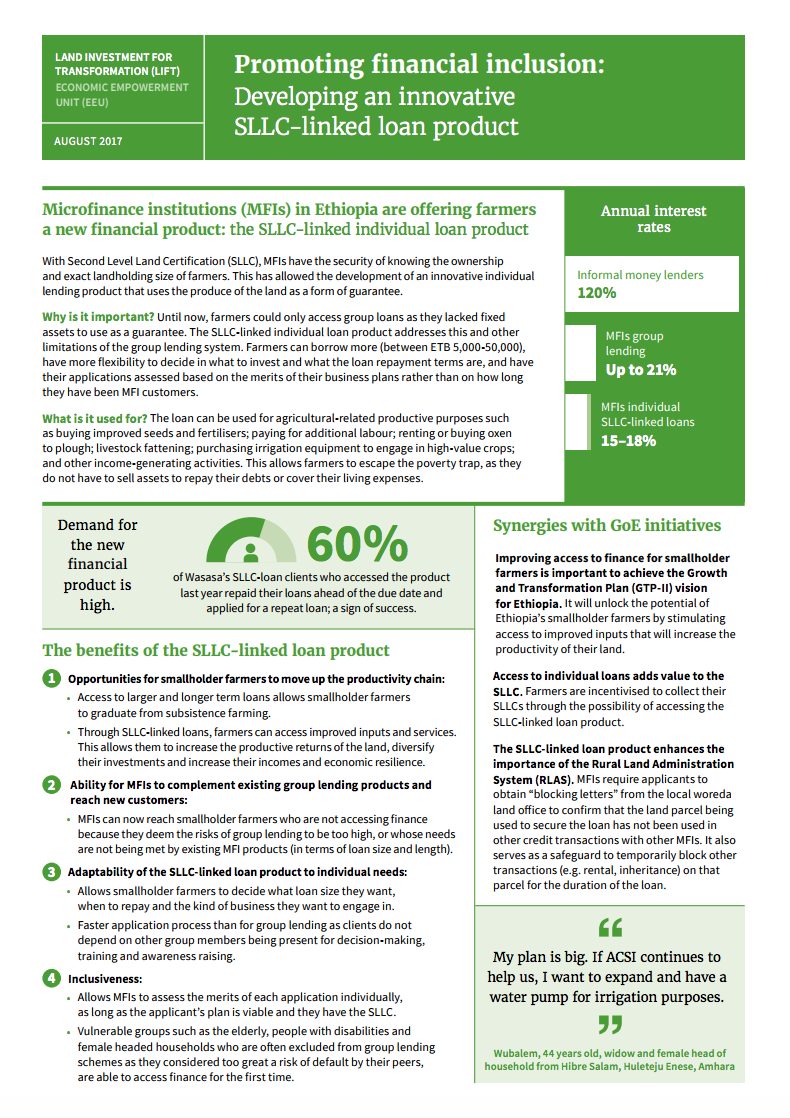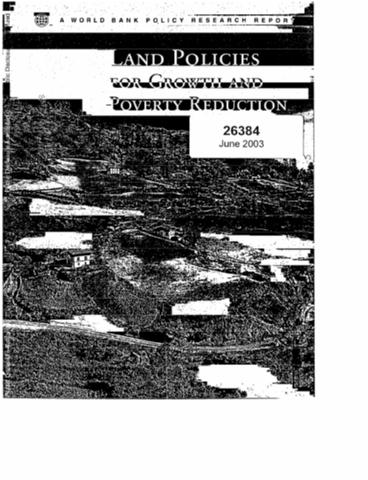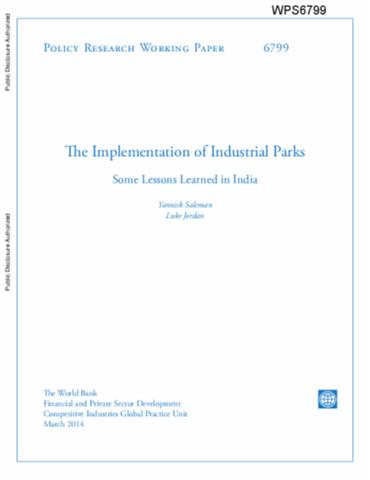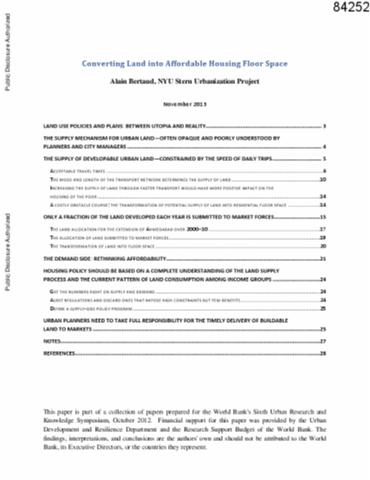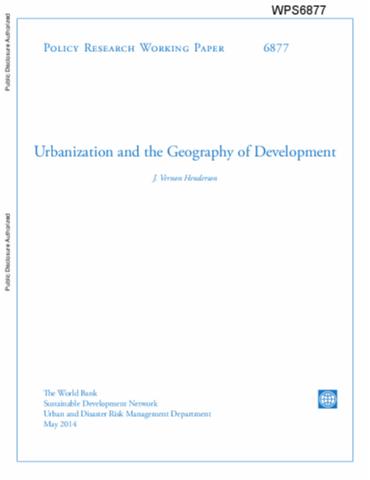The socio-economic factors affecting the development of agricultural land market in Poland
The study is aimed at the analysis of the situation in the agricultural land market in Poland, including the identification and description of factors affecting the turnover and rules governing the trade in farmland and the influence of the Agricultural Property Agency on the supply and demand relationships in trade in agricultural land. The main and critical factors affecting the demand-supply relations in the market are identified.






